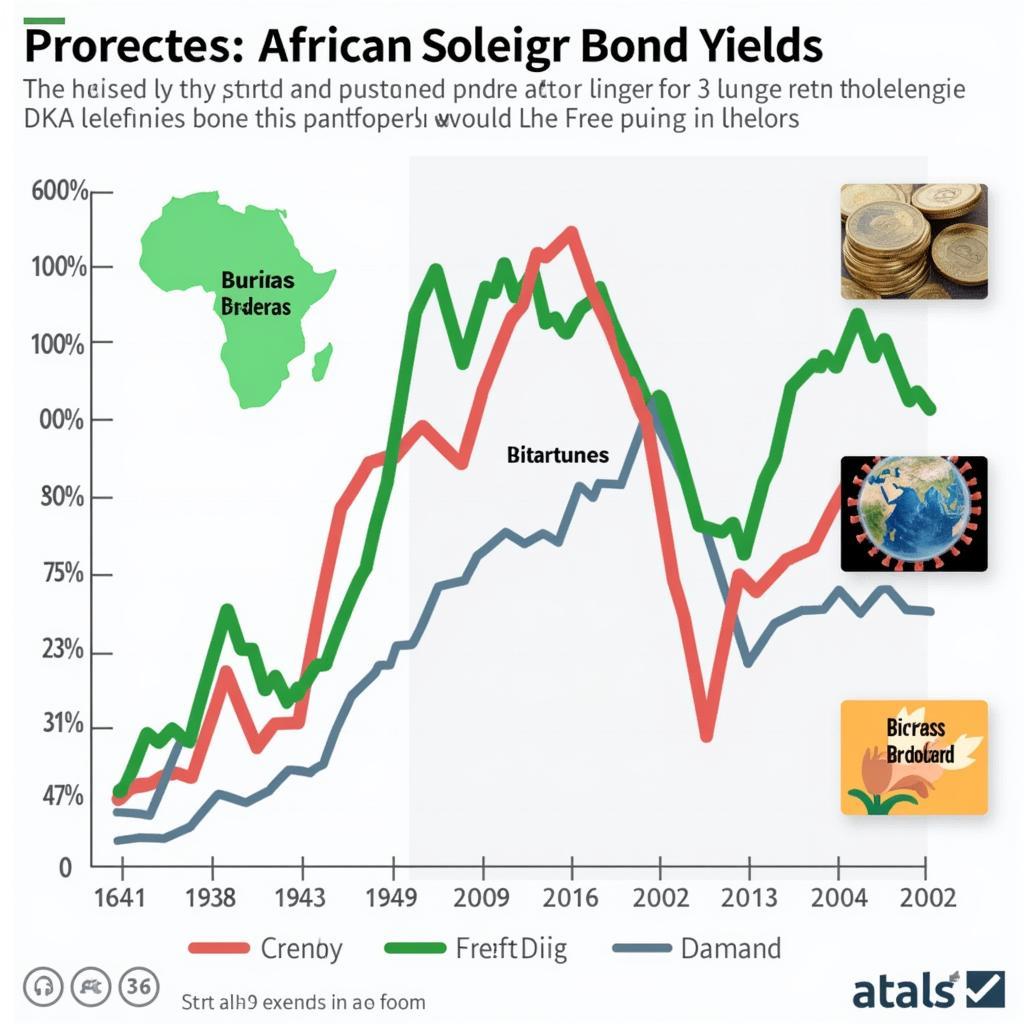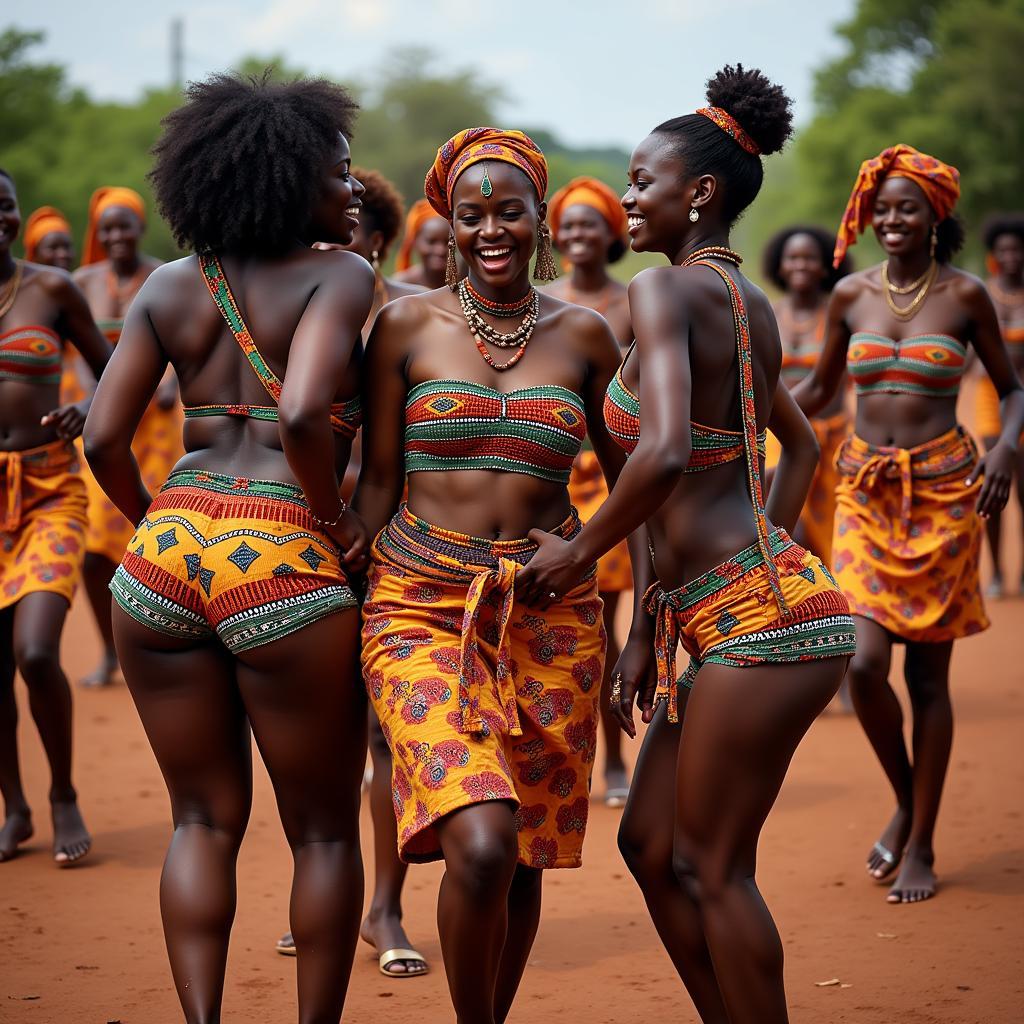Exploring African American Drama in Literature
African American Drama In Literature represents a powerful and evocative body of work that reflects the complex experiences, struggles, and triumphs of African Americans throughout history. From the early minstrel shows to contemporary playwrights, this rich literary tradition has served as a platform for social commentary, cultural preservation, and artistic expression. Let’s delve deeper into this compelling genre.
The Roots of African American Drama
African American theatre history is deeply intertwined with the harsh realities of slavery and segregation. Early forms of dramatic expression often emerged as a means of resistance and cultural preservation, with spirituals and folk tales providing a foundation for later theatrical works. Post-Civil War, African American theatre companies began to flourish, providing opportunities for Black actors and playwrights to tell their stories. For a glimpse into contemporary African culture, see african culture today.
Early Influences and the Struggle for Representation
Minstrel shows, though often perpetuating harmful stereotypes, ironically provided some of the earliest opportunities for Black performers to gain visibility on stage. However, these performances were heavily controlled by white producers and often reinforced racist caricatures. The struggle for authentic representation became a driving force for Black artists, leading to the development of independent Black theatre companies and the rise of playwrights dedicated to portraying the complexities of Black life.
The Harlem Renaissance and Beyond: A Flourishing of Voices
The Harlem Renaissance marked a period of unprecedented artistic and intellectual growth within the African American community. This era saw a surge in the production of plays, musicals, and other theatrical works that explored themes of identity, race, and social justice. Playwrights like Langston Hughes and Zora Neale Hurston became prominent figures, using their writing to challenge prevailing stereotypes and celebrate the richness of Black culture. Looking at the history of African American theatre provides valuable context. See more at african american theatre history.
Major Themes and Literary Devices
African American drama in literature often tackles themes of racial inequality, social injustice, identity, and the search for belonging. Playwrights utilize various literary devices, including allegory, symbolism, and code-switching, to convey the nuances of Black experiences and navigate the complexities of race relations in America. These powerful works often serve as a call to action, inspiring audiences to engage with critical social issues and advocate for change.
Contemporary African American Drama: Continuing the Legacy
Contemporary African American playwrights continue to build upon the rich legacy of their predecessors, pushing boundaries and exploring new forms of dramatic expression. Works by August Wilson, Suzan-Lori Parks, and Lynn Nottage, among others, grapple with contemporary issues while also paying homage to the historical struggles and triumphs of African Americans. For those interested in exploring this topic further, a PDF resource is available: african american drama in pdf.
The Impact of African American Female Playwrights
African American female playwrights have made significant contributions to the genre, offering unique perspectives on the intersection of race, gender, and class. Their works often explore themes of womanhood, family dynamics, and the challenges faced by Black women in a patriarchal society. Discover more about the contributions of african american female playwrights.
Conclusion
African American drama in literature holds a vital place in the American literary landscape. From its roots in spirituals and folk tales to the contemporary stage, it has served as a powerful vehicle for social commentary, cultural expression, and the ongoing pursuit of equality and justice. This rich and evolving tradition continues to inspire, challenge, and provoke, reminding us of the power of storytelling to shape our understanding of ourselves and the world around us.
FAQ
- What are some key characteristics of African American drama? Themes of racial identity, social injustice, and the Black experience are central, often incorporating elements of music, folklore, and oral tradition.
- Who are some influential African American playwrights? August Wilson, Lorraine Hansberry, Amiri Baraka, Suzan-Lori Parks, and Lynn Nottage are just a few notable figures.
- How has African American drama evolved over time? From early minstrel shows to complex contemporary plays, the genre has evolved to reflect the changing social and political landscape.
- What is the significance of the Harlem Renaissance in African American drama? This period witnessed a flourishing of Black artistic expression, including a surge in the production of plays and musicals.
- Where can I find resources to learn more about African American drama? Libraries, academic journals, online databases, and theatrical archives offer a wealth of information.
- Why is it important to study African American drama? Studying this genre provides insights into the history, culture, and struggles of African Americans, promoting empathy and understanding.
- How can I support African American theatre today? Attending performances, donating to theatre companies, and promoting Black playwrights are all ways to contribute.
Further Exploration
Consider exploring the impact of African American immigration history on their literary works: african american immigration history.
Need Help?
For any inquiries or assistance, contact us 24/7: Phone: +255768904061, Email: [email protected], or visit us at: Mbarali DC Mawindi, Kangaga, Tanzania.



